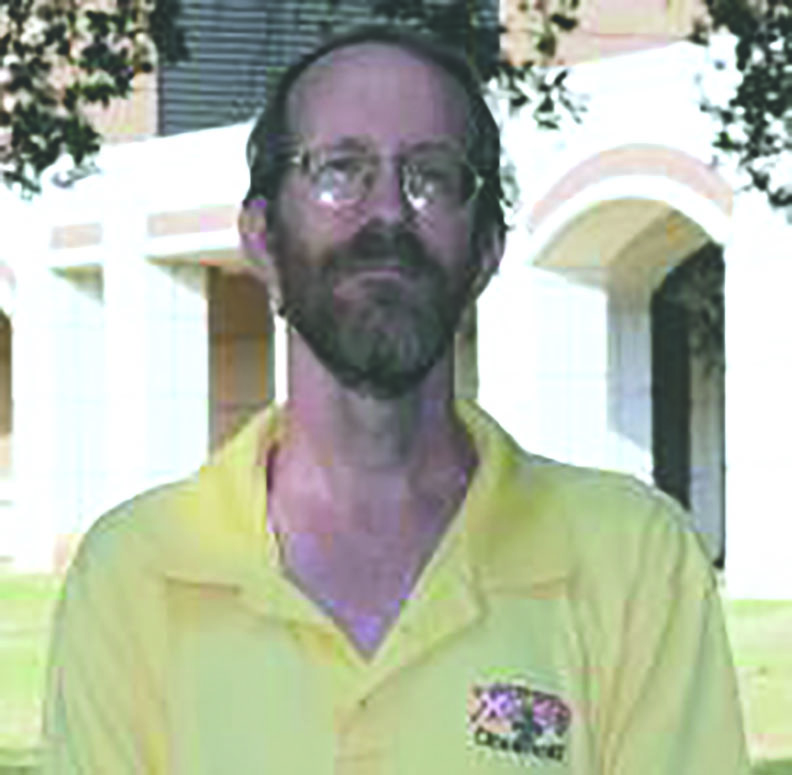341
Webster Parish need not make the same mistake as Bossier Parish did in misdiagnosing the opioid crisis.
Recently, Webster Parish police jurors debated whether to join a number of Louisiana local governments in suing opioid manufacturers and/or dis
Webster Parish and the opioid crisis
previous post




